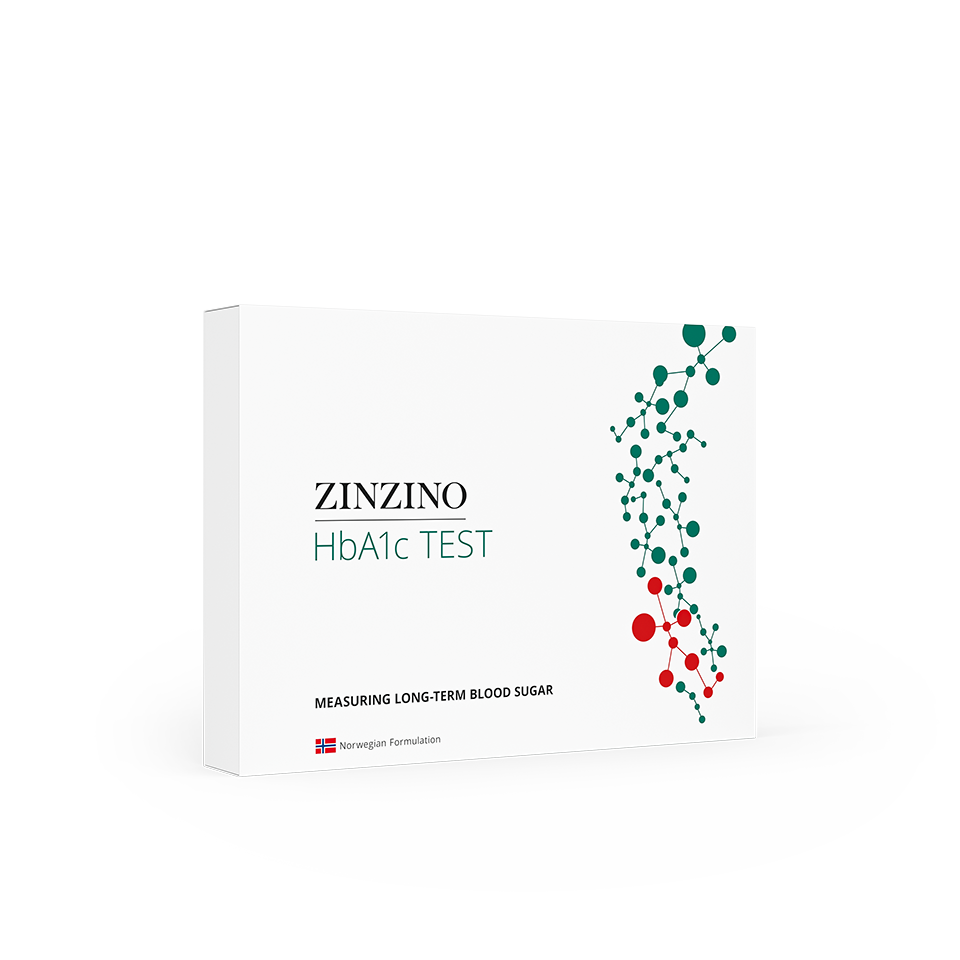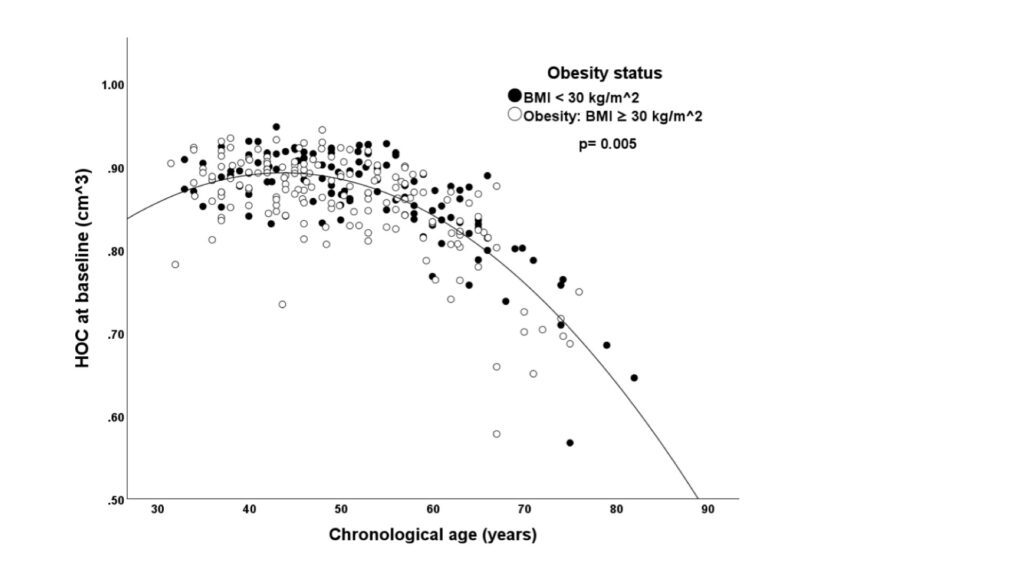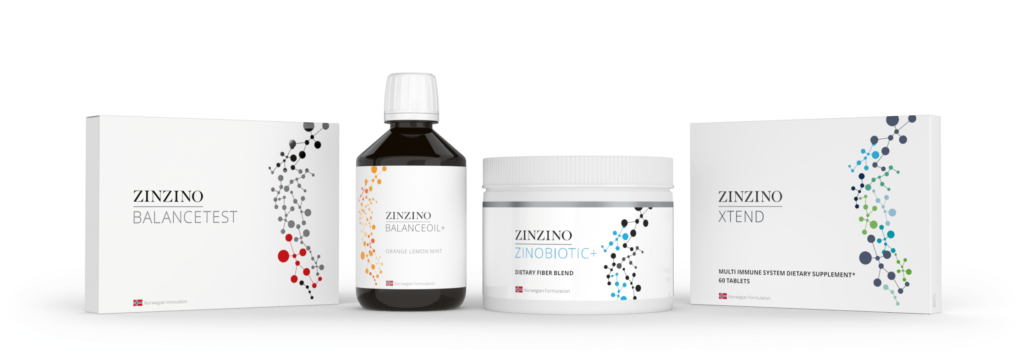While age-related brain shrinkage is natural, the onset of neurodegenerative processes can start much earlier, often 15–20 years before symptoms of cognitive decline or diseases like Alzheimer’s emerge. Key brain structures, such as the hippocampus, are particularly vulnerable, showing early signs of neurofibrillary tangles, reduced synapses, and neuron loss.
Managing Glucose Levels to Support Brain Health
One powerful way to intervene in this process is by managing blood glucose levels. Studies show that even high-normal glucose levels can contribute to hippocampal atrophy. For people with metabolic dysfunction or diabetes, this effect is even more pronounced, lending support to the term “type 3 diabetes” as a descriptor for Alzheimer’s disease.
Glucose control is increasingly recognized as a modifiable risk factor for cognitive decline. Strategies for better metabolic health, including high-intensity exercise and time-restricted eating, are effective methods to promote glucose control. Additionally, a diet rich in polyphenols might offer significant benefits.
Polyphenols: A Natural Boost for Glucose Control and Brain Health
Polyphenols are compounds in plants with antioxidant and anti-inflammatory properties, known to improve brain function and offer neuroprotection. For instance, blueberries, rich in anthocyanins, have been shown to enhance cognitive function while positively impacting glucose levels, demonstrating the connection between metabolic and brain health.
Polyphenols contribute to glucose control by:
- Inhibiting enzymes that break down starch into glucose
- Slowing the digestion and absorption of carbohydrates
- Reducing oxidative stress and inflammation
- Preventing the formation of advanced-glycation end products (AGEs)
- Supporting pancreatic beta-cell function and insulin sensitivity
- Encouraging the growth of beneficial gut bacteria
Through these mechanisms, polyphenols not only benefit long-term metabolic health but may also reduce the daily “brain fog” caused by blood glucose fluctuations.

New Study Shows the Impact of a Polyphenol-Rich Mediterranean Diet
In a recent study, participants followed one of three calorie-restricted diets for 18 months:
- Mediterranean diet: Rich in vegetables, low in red meat, with olive oil and walnuts as primary fats.
- Polyphenol-rich Mediterranean diet: The Mediterranean diet with additional polyphenols, including 3–4 cups of green tea and a polyphenol-packed Mankai shake at dinner. Green tea provided catechins like EGCG, and the shake contained over 200 polyphenols such as luteolin and apigenin.
- Healthy control diet: A calorie-restricted diet guided by standard dietary guidelines.
Participants on the polyphenol-rich diet experienced less brain aging as assessed by MRI scans of the hippocampus. Their brains showed fewer age-related changes compared to participants on the other two diets over the 18-month period. This study suggests that the addition of polyphenols may enhance both glucose control and brain health. Consuming the shake and green tea more frequently correlated with better glucose markers (e.g., fasting glucose and HbA1c), further supporting the idea that these foods could slow cognitive ageing.
The Brain Benefits of Improved Glucose Control
Those with healthier metabolic markers (such as body weight, blood pressure, and HbA1c) before the study had a “younger” brain age relative to their chronological age. Improvements in these markers during the study corresponded to less brain ageing in the hippocampus. In particular, participants who shifted from prediabetic or diabetic HbA1c levels (above 5.7%) to normal levels saw the greatest cognitive benefit.


Knowledge is power. Our HbA1c test puts your personal health status on the radar and helps you find out if your current lifestyle is sustainable, or if you need to take action now for lasting health. We’ll determine your long-term blood sugar levels in the context of your diet and overall habits and guide you towards a future of well-being. The test includes a lifestyle assessment with personalized recommendations on diet, activities and exercise.
This underscores the notion that “reducing glycemic biomarkers has an independent effect on neuroprotection” and can significantly reduce neurodegeneration risk.

Final Thoughts
Two main takeaways from this research are clear: first, improving glucose control benefits the brain, and second, polyphenols can support glucose control beyond what is achievable through weight loss alone.
While foundational habits like exercise, circadian-aligned eating, and quality sleep provide substantial metabolic support, polyphenol-rich foods offer additional advantages. Adding blueberries, green tea, and other polyphenol-packed foods to your diet could help protect against neurodegenerative diseases and improve daily cognitive function.
While you don’t necessarily need to follow a strict Mediterranean diet, supplementing your meals with polyphenol-rich plant foods is an easy, enjoyable way to boost your brain and metabolic health for the long term.

